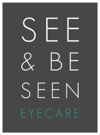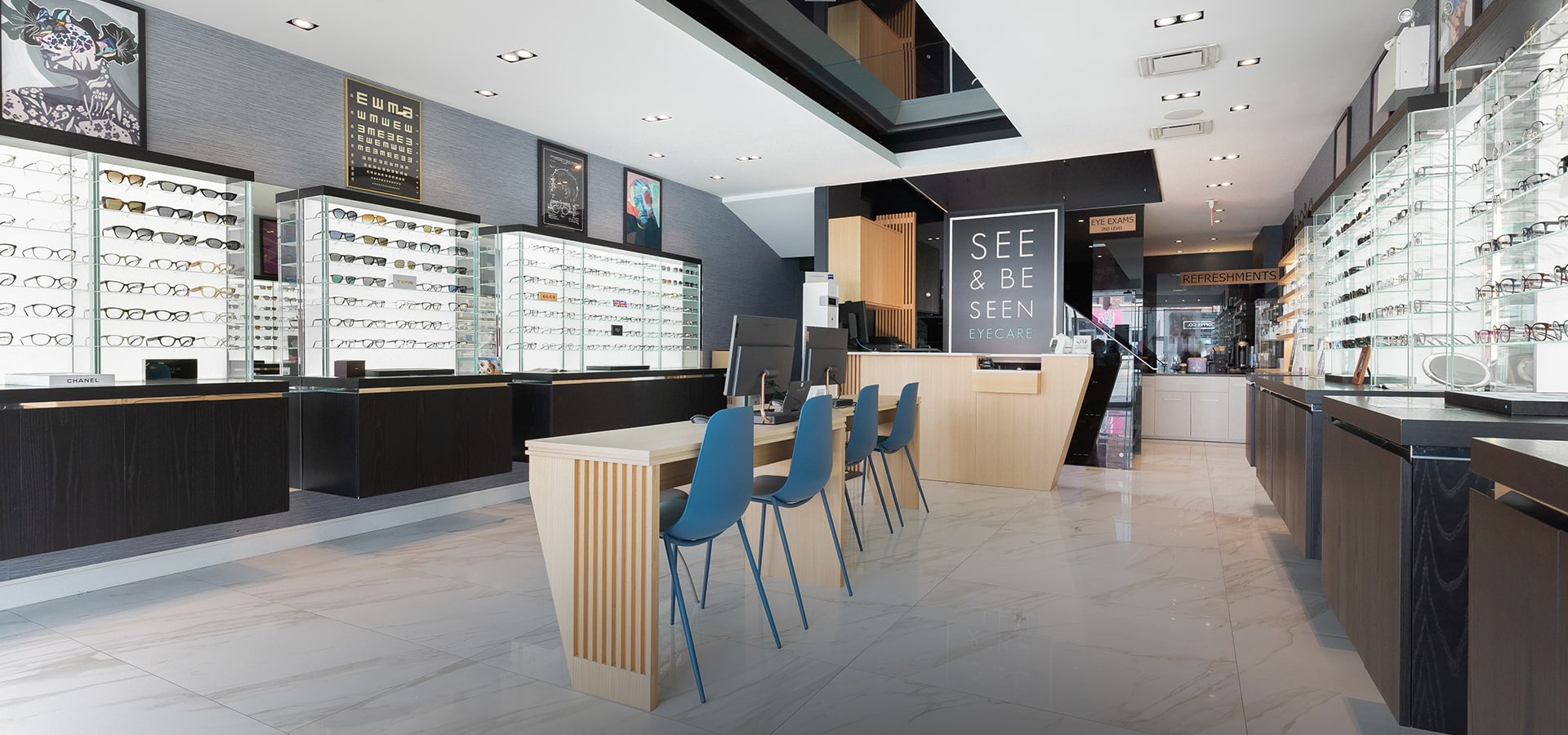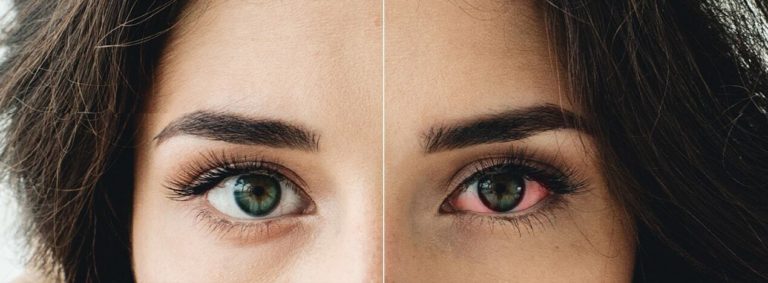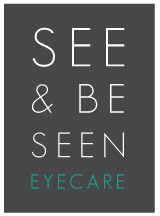Treating dry eye syndrome can look different for everyone, but artificial tears can be an excellent option for temporary relief. However, when shopping for eye drops, do you know what kind will suit your eyes and mitigate your symptoms best? Talking with your optometrist is the best way to identify the cause of your discomfort and ensure you get medication or treatment that will work.
Dry Eye Syndrome: What is It?
Dry eye syndrome is a progressive condition that can cause your eyes to feel, as the name suggests, dry, gritty, and uncomfortable. Without treatment, dry eyes can lead to bacterial infections, inflammation, and corneal scarring.
A lack of good quality tears causes dry eyes. Your eyes may not produce enough to keep your eyes lubricated, or the tears they do make are low quality and evaporate too quickly. This can be caused by many different factors, including the climate you live in, allergies, and ageing.
It’s best to have your optometrist assess your eyes if you’re experiencing symptoms of dry eye syndrome to ensure you get the best treatment for you.
How do Eye Drops Help?
Eye drops, or artificial tears, increase the moisture on the surface of your eyes, making them more comfortable. There are many types of eye drops that may affect your eyes in different ways, so it’s essential to consult a professional before buying and administering them, even if they’re over-the-counter.
Different Types of Eye Drops
Suppose you’ve ever experienced dry eyes after working on a computer all day or spending time outside on a windy day. In that case, you’re probably familiar with the uncomfortable side effects they can cause. Fortunately, artificial tears exist to curb those side effects and keep your eyes feeling lubricated.
However, you can purchase many different types of eye drops to relieve tired, itchy, gritty eyes.
Over-the-Counter vs. Prescription
Where you purchase your eye drops can make a big difference in the types you can get. If you head to your local pharmacy, you’ll likely see common brands of over-the-counter drops you can buy without a prescription. These eye drops contain humectants to help retain moisture, lubricants, and electrolytes. They can be effective, but may not work as well as specialty medicated drops.
If you go through your optometrist to purchase dry eye products, they may prescribe you a particular type that may best suit your symptoms. For example, they may target inflammation, stimulate tear production, or be better suited for long-term use. Your optometrist will discuss their recommendation with you in detail to ensure you’re informed.
Preservatives vs. No Preservatives
Eye drops come in 2 forms, those with preservatives and those without. Preservatives are added to prevent bacteria growth, but some individuals find them irritating. Artificial tears made with preservatives are often not recommended for severe dry eyes.
Eye drops without preservatives are often used for those with moderate to severe dry eyes. Because they don’t have preservatives to prevent bacteria growth, they sometimes come in single-use containers. If your tear film lacks meibum, the oily substance that keeps tears fastened to the eye, your optometrist may recommend an oil-based drop.
Other Kinds of Eye Drops
Allergy Drops
If your dry eyes occur due to an allergic reaction, allergy drops may give you the relief you need. They target itchy, watery, red eyes caused by common allergens, like pollen. They contain antihistamines, which block the histamines produced during an allergic reaction that cause typical allergy symptoms. Some newer styles of allergy drops, called mast-cell stabilizers, can help prevent your body from making histamines in the first place.
Anti-Redness Drops
Anti-redness or decongestant drops can help alleviate any redness in your eyes. However, these drops are not suitable for lubricating your eyes or long-term use. If you use anti-redness drops often, your eyes can develop a dependence on them and get red when you stop using them.
If you have dry eyes, you should avoid using these drops.
Contact Lens Drops
If you wear contact lenses, not all types of eye drops may be the best for you. You should talk to your optometrist and see what kind of drops are best for your contacts. You can try using rewetting drops made for whatever type of contact lenses you wear, but always avoid drops with preservatives.
Consult a Professional
Overall, if you’re experiencing the uncomfortable symptoms of dry eye disease, you should always discuss them with your optometrist. Although mild cases of dry eyes can usually be treated with over-the-counter drops, your dry eyes can sometimes be caused by an underlying health condition that could need specific treatment. Before using any eye drops, book an appointment with your optometrist!





